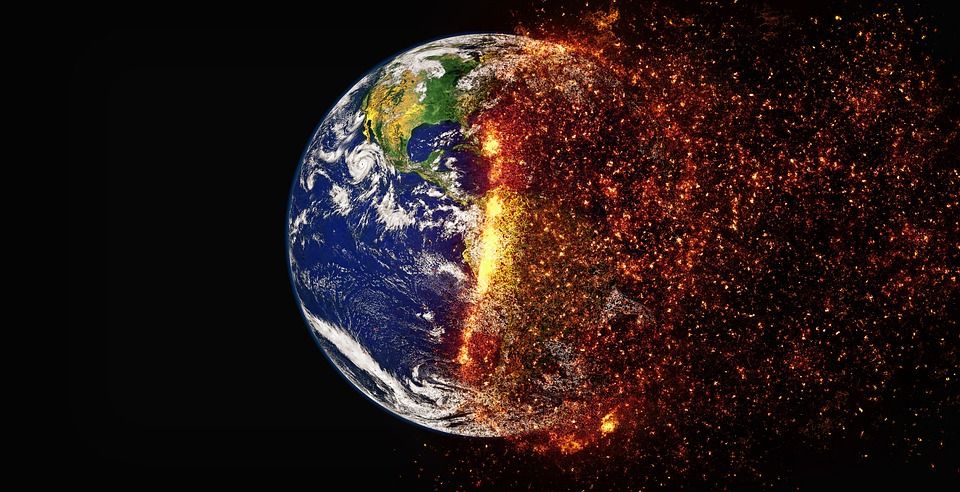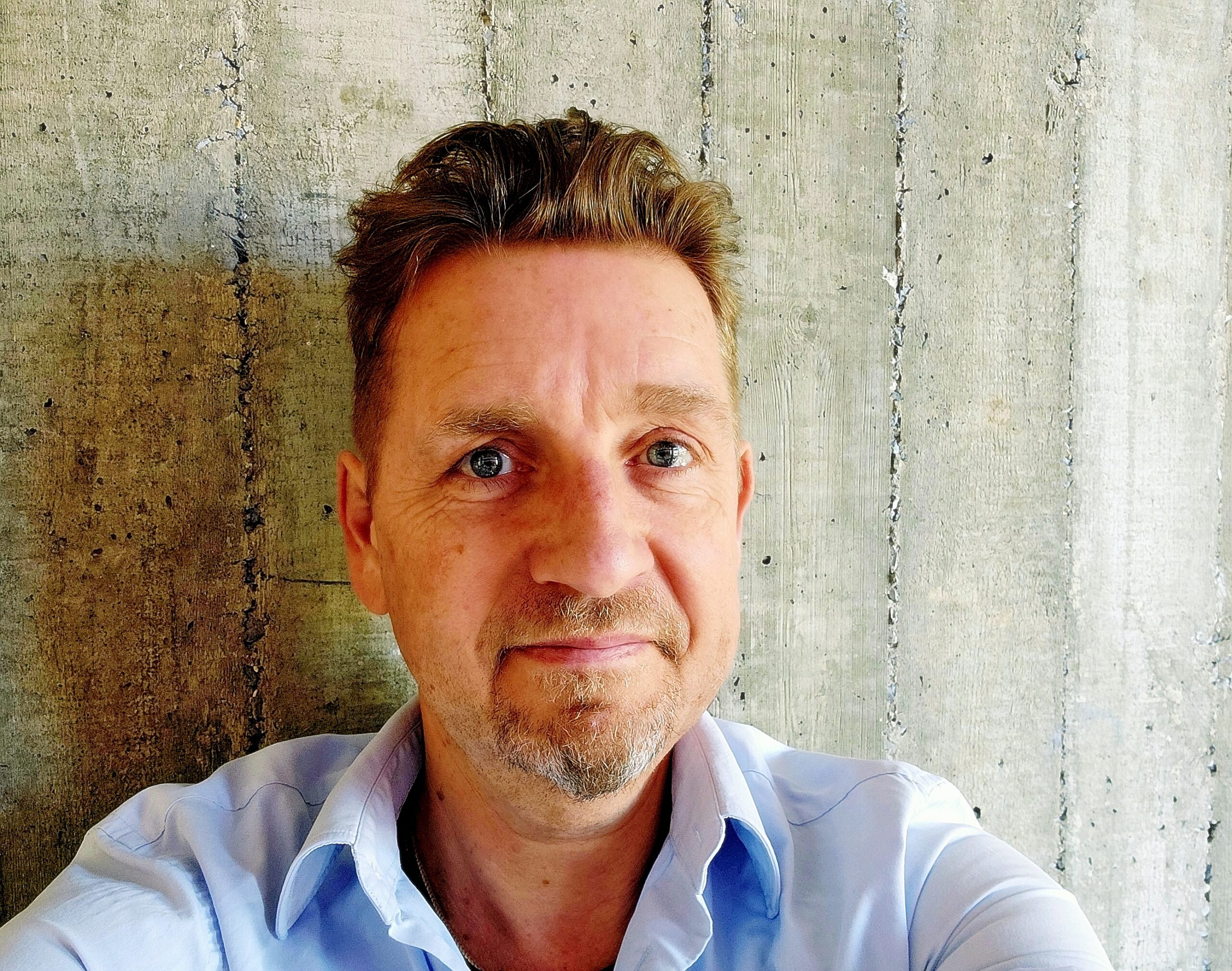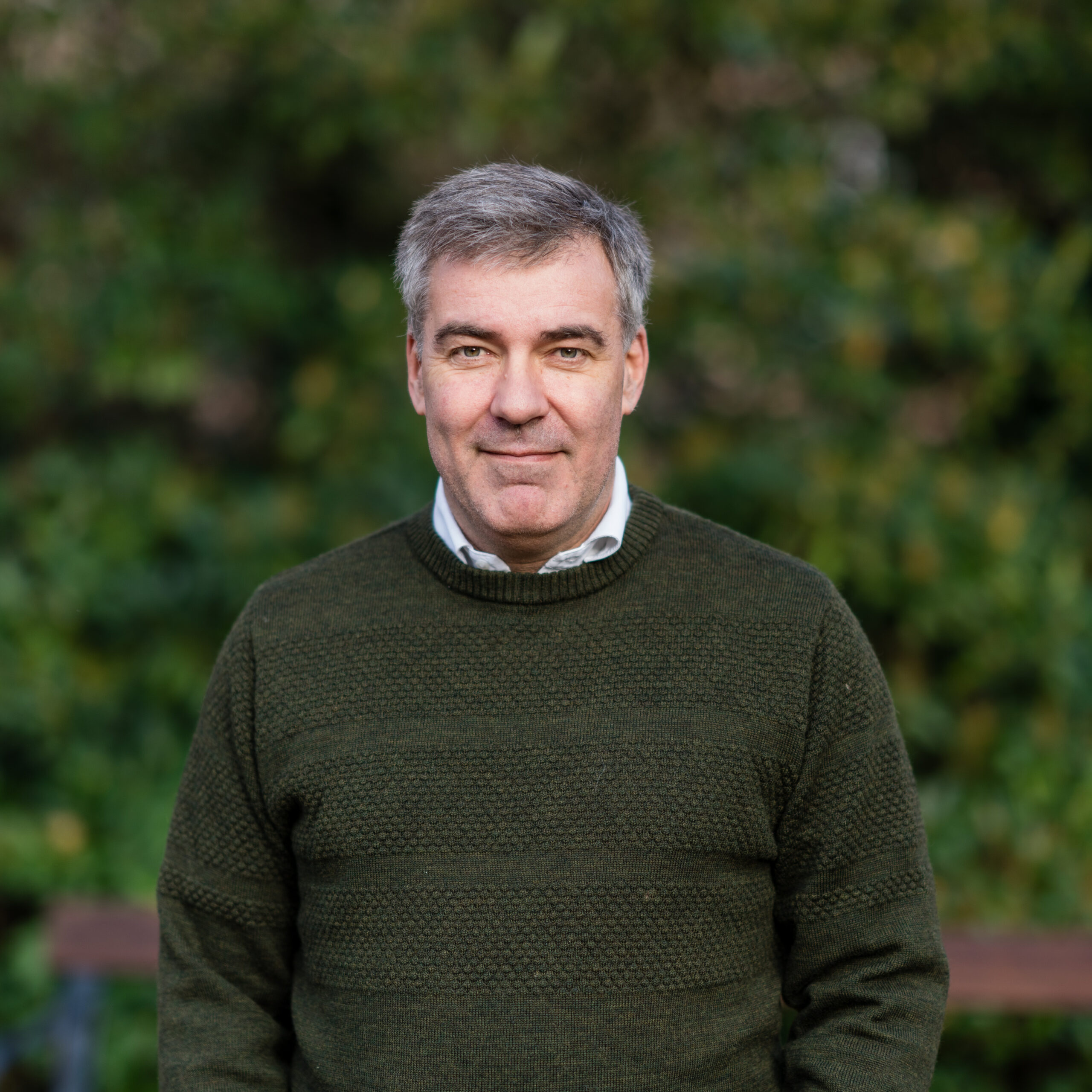The Climate Change Performance Index 2018 was released at the recently-concluded COP23 summit in Bonn, and it made painful reading for Denmark, a country that topped the rankings just two years ago.
In 2017, Denmark fell to 13th on the index, which is compiled by the German environmental group Germanwatch in collaboration with NewClimate Institute.
And today it now sits 17th of the 56 countries that are together responsible for over 90 percent of global CO2 emissions.
Public does not approve
It would appear the politicians are out of touch with the public, as 82 percent of Danes feel it is important to create a world powered exclusively by sustainable energy, according to an Edelman Intelligence survey on behalf of energy firm Ørsted.
Denmark was among a group of 13 countries – China, the US, Germany, France, Canada, the UK, Japan, South Korea, Poland, Sweden, Taiwan and the Netherlands – that regard climate change as a greater global threat than terrorism.
When asked who should do something about changing over to green energy to reduce CO2 emissions, those polled answered it was the responsibility of national governments, large companies and energy providers.
Denmark to lose coal
The Danish government may feel slightly aggrieved as it took a huge step at COP23 by joining a 15-country coalition pledged to phasing coal out of energy production. At present, Denmark has three large coal-fired power stations.
“The price of sustainable energy is falling rapidly and we’ve now reached a point when new offshore wind turbine parks are cheaper than coal-fired power stations in Denmark,” said the energy and climate minister, Lars Christian Lilleholt.
“We have to set a good example. When we’re asking other countries around the world – not least, developing countries – to change over, it is important we are at the forefront.”
COP23 was significant
Overall, Lilleholt hailed COP23 as an important step in terms of meeting the obligations of the 2015 Paris Agreement.
“The entire world took some essential steps with the implementation of the Paris Agreement. But that doesn’t mean that we can stop our climate efforts. There is still a need to work and push for the whole world to move in the same direction,” he said.
During COP23 there was a great focus on the roles of non-state players – such as companies, cities and civil society – in the global green transition.
















